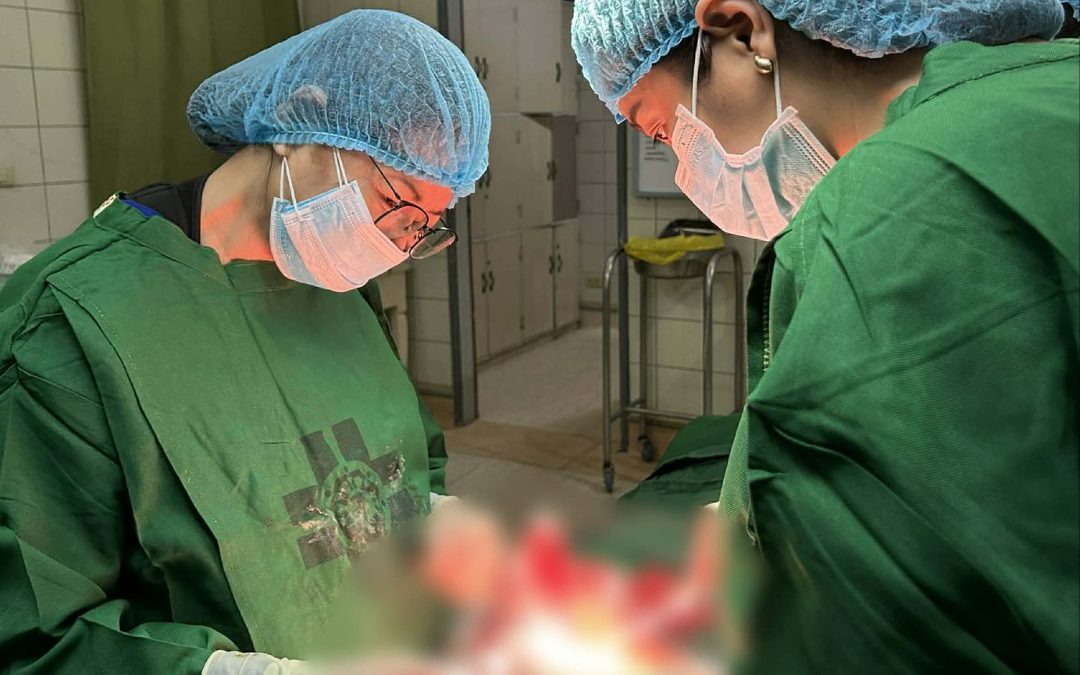Chronic Kidney Disease (CKD) is a long-term condition where the kidneys gradually lose their ability to properly filter waste and excess fluids from the blood. It’s often a result of underlying health issues like diabetes, high blood pressure, or certain kidney conditions.
Symptoms
Signs and symptoms of chronic kidney disease develop over time if kidney damage progresses slowly. Loss of kidney function can cause a buildup of fluid or body waste or electrolyte problems. Depending on how severe it is, loss of kidney function can cause:
- chest pain
- dry skin
- itching or numbness
- feeling tired
- headaches
- increased or decreased urination
- loss of appetite
- muscle cramps
- nausea
- shortness of breath
- sleep problems.
- trouble concentrating
- vomiting
- weight loss.
People with CKD can also develop anemia, bone disease, and malnutrition.
Diagnosis
Diagnosis starts by analyzing medical history and family history. Doctor may also check for medications which could have caused damage to the kidneys. Blood pressure and heart rates are monitored.
Kidney function test – Levels of urea and creatinine is an indication of kidney function.
Urine test – To check for abnormalities such as the presence of blood or protein.
Ultrasound – Is done to look for structural abnormalities in the kidney.
Renal flow scan – Is an imaging study of kidney function.
Kidney biopsy – small tissue sample is taken from the kidneys for further analysis.
Prevention
Kidney disease cannot always be prevented. But one can follow the precautionary steps to reduce the progression to a chronic condition.
Monitor and control blood sugar and blood pressure.
Avoid smoking to improve overall health.
Quit drinking alcohol.
Exercise regularly.
Maintain a healthy diet.
Control medication: Certain medicines can worsen kidney condition, so talk to your doctor about it.
When to see a doctor
Make an appointment with your doctor if you have signs or symptoms of kidney disease. Early detection might help prevent kidney disease from progressing to kidney failure.



